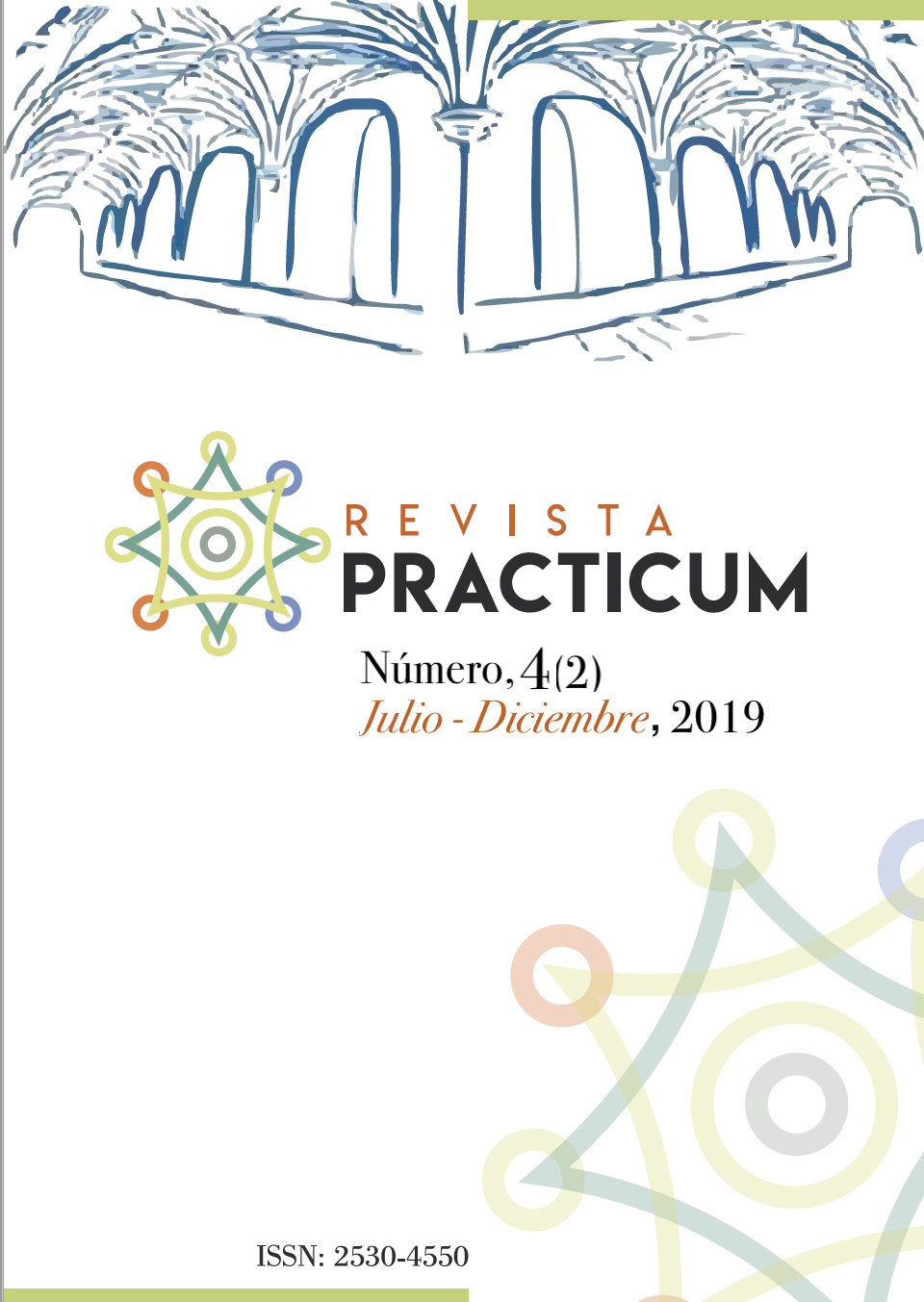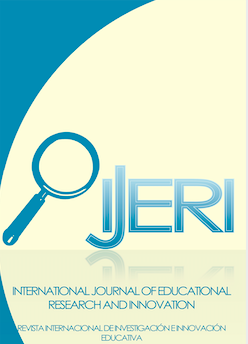Cartography of good university teaching. A framework for research-based faculty development
DOI:
https://doi.org/10.24310/RevPracticumrep.v4i2.7807Keywords:
University educationAbstract
The cartographic language belongs to an applied science that is responsible for collecting, performing and analyzing measurements and data of regions of the Earth, to represent them graphically with different linear dimensions and maps. Applied to university teaching, it means framing teaching actions to have a shared framework that allows to make visible the complexity of the subject to deliberate, review, organize and improve. Professors from the universities of Zaragoza, Polytechnic of Valencia, the Basque Country and Cádiz have dedicated several years to this difficult task, to propose a framework for academic teaching development within the State Network of University Teaching (REDU). The stated aim of the book is to give an answer to the question of what good teaching in higher education means, based on existing research on the subject. They also want to offer a map that serves to know where we are and where we want to go in teacher training, quality policies and teacher professional development.
Downloads
Metrics
References
Paricio, J., Fernández, A. y Fernández, I. (Eds.) (2019).Cartografía de la buena docencia universitaria. Un marco para el desarrollo del profesorado basado en la investigación. Madrid: Narcea.
Downloads
Published
How to Cite
Issue
Section
License
Acceptance of the work implies that the author grants Revista Prácticum the exclusive rights to reproduce, distribute and sell his or her work worldwide, both in digital and paper formats, CD-ROM, etc.
Likewise, the authors shall grant Revista Prácticum the rights of dissemination, public communication on the Internet and IT networks, data buses, as well as any other portals or electronic devices for online consultation of its contents and extracts, under the conditions of the portal, repositories or databases where the work is stored.
Revista Prácticum allows authors to publish and disseminate their articles and works on their personal websites, research teams, institutional repositories and scientific databases. All this in accordance with the Creative Commons 4.0 License









8.png)








